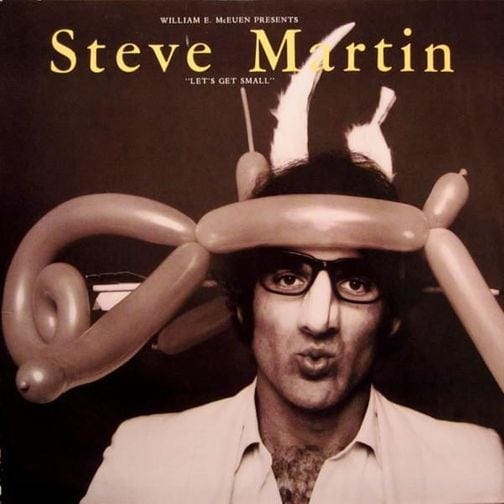I’m a late arrival to smallwashing, which
Sundberg introduced in a story that New York magazine published in January 2023. In my defense, I only recently discovered Sundberg’s business-trends newsletter, Feed Me, which I found so addictive that I immediately began tracking down more Sundbergiana, including a March 2024 interview she did with the Media Matters podcast hosts in which she mentioned the New York article, which is titled “Welcome to the Shoppy Shop: Why Does Every Store Suddenly Look the Same?”An olive oil brand called Graza led Sundberg down her own winding path. “Graza is only about a year old,” she wrote, “but if you shop at a particular type of boutique grocer, you may feel like it’s always been here. That is part of the plan.”
She continued:
Successfully marketing a product so that it feels local everywhere is an art. I’ve started calling this crucial step in a product’s development “smallwashing,” i.e., when a brand positions itself as a small business and shows up on shelves as if it were small, even though it has probably been through at least one comfy fundraise and a hotshot General Catalyst VC sits on the board. (Bonus points if the company in question hires Gander to handle the design.)

The sort of place where smallwashing reigns is a “shoppy shop,” a term coined by Neil Shankhar, “a designer at the company formerly known as Square”1 or a “fancy pantry,” which is what Katherine Lewin, who owns one such establishment, Big Night, calls the phenomenon. The reporter and author Kyle Chayka calls these gourmanderias “internet-based small businesses that still use global supply infrastructure.”
I homed in on smallwashing because I’m interested in libfixes — word elements that have become “liberated” from their origins, like the “cran” of “cranapple” and the “kini” of “tankini.” (Linguist Arnold Zwicky coined “libfix” back in 2010, and it has caught on among his fellow linguists and word nerds. Read my column about bikini’s offspring here.)
When I wrote about then-new-to-me sport[s]washing in May 2022, I noted that
the washing element of sport[s]washing is borrowed from whitewashing, whose literal sense, dating back to 1650, is “applying a white liquid to a surface” such as a wall. The verb to whitewash is a century older; the figurative “cover-up” sense of verb and noun appeared in the mid-19th century. Washing also suggests “sanitizing,” and sportswashing carries both the “covering” and “cleansing” connotations.
(I stand corrected: The OED has the figurative sense of whitewash from the early 18th century.)
In my 2022 blog post I cited John Kelly’s article for Oxford Dictionaries about novel -washing compounds, including pinkwashing, greenwashing, and cloudwashing (rebranding a product or service “to boast its connection, no matter how marginal or peripheral, to the Internet, or ‘cloud’”). I also linked to Mike Pope’s laundry list of additional -washings, including purpose-washing and mathwashing. And yes, I talked about brainwashing, which follows a different pattern.
Just for fun, I did a wild-card search on OneLook.com to see what other -washing words turned up. I found, among others, listwashing (“the removal of unproductive addresses from a mailing list”), straightwashing (“the act of removing or omitting nonstraight sexual orientations from an account of a person, relationship, or situation”), .and Jane-washing (“invoking the ideas of urbanist Jane Jacobs while doing little or nothing to implement them”). Sportswashing is on OneLook’s list, but smallwashing isn’t — yet. There’s still hope!
Monday is wash day! Here’s my newsletter about the color called “washed.”




When I was growing up, our family had a spoken mix of British English/American English/Irishisms/French and Kiswahili extras. Some of the books I I read mentioned the washing of "smalls" AKA underwear. Grateful that this essay has nothing to do with that.
"Libfix" is a useful word that I hadn't known I needed, so thanks for that. "Smallwashing" made me think (tangentially) of the 2007 documentary "Helvetica," from which the main takeaway (for me, anyway) had to do with the pretentiousness of appearing to be unpretentious.